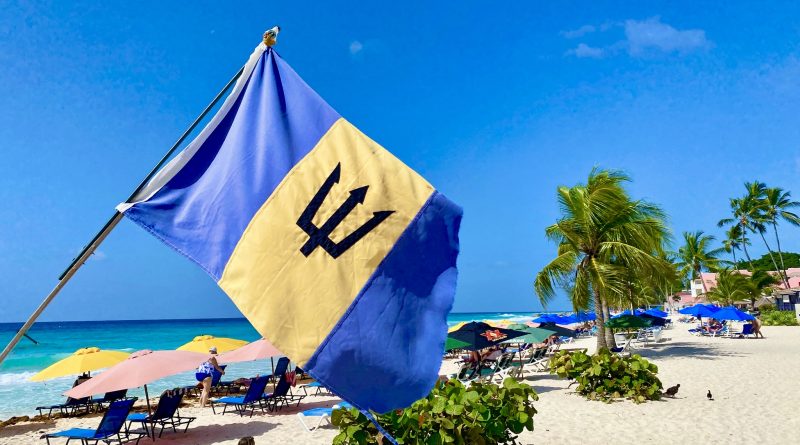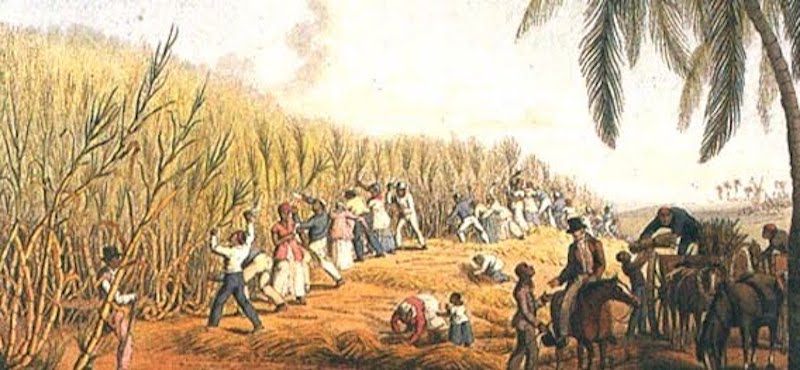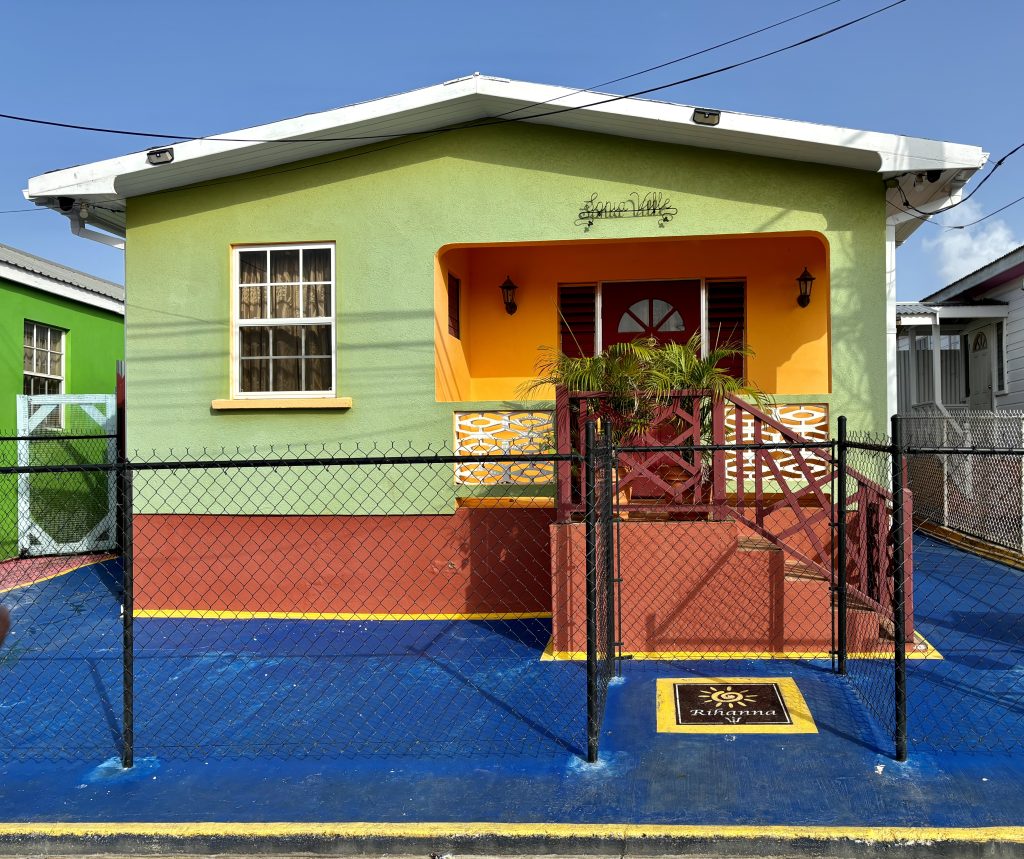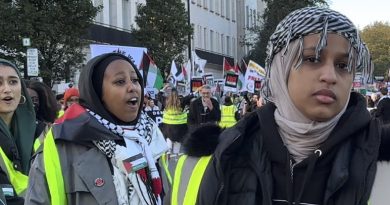Barbados: Jupiter, Drax, and Slavery
The Prime Minister of Barbados wants Britain to pay reparations for slavery.
Research & Writing by Paul Coleman
Randall, an intensely curious nine-year-old, interrogates David.
– “Do you think Jupiter’s moons contain water? How do you know that planet has an atmosphere?”
“Stop quizzing David,” says Randall’s mother to her boy.
– “I’m only asking,” pleads Randall.
“They’re good questions,” interjects David Marshall, president of the Barbados Astronomical Society.
Randall is part of a small constellation of local people and tourists stargazing through telescopes at the Observatory.
“You’re looking at the planet Jupiter and its four Galilean moons,” says David.
The boy raises his hand again and grills the astronomer once more.
Their Jupiter dialogue dazes us; the Universe seems way above our heads.
*
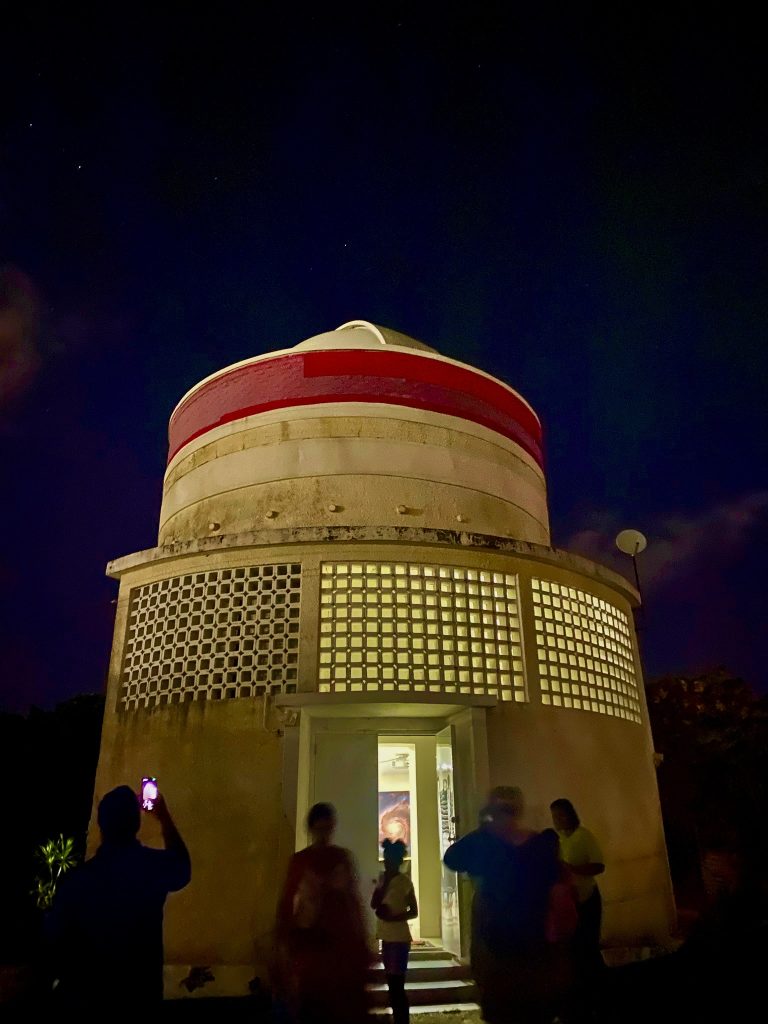
*
The Harry Bayley Observatory* (above) stands on a hill in Clapham, a residential neighbourhood near Bridgetown, the capital city of Barbados. You can see much of Barbados from the Observatory. But not Drax.
Tourists rarely visit Drax Hall, a 700-acre estate in the landlocked parish of Saint George. Yet it all began at Drax Hall, not the Universe, but sugar mass produced by enslaved African men, women, and children; sugar and slavery that made a handful of British families very rich over centuries.
Nearly four hundred years later, the Drax family still owns the estate. Richard Drax, a United Kingdom Member of Parliament, inherited Drax Hall, including its rare intact Jacobean mansion, from his father Henry in 2017.
Richard Grosvenor Plunkett-Ernle-Erle-Drax – the MP’s full name – also owns a Grade I-listed family mansion at Charlborough Park in Dorset in south-west England, 23.5 square miles of Dorset, a Yorkshire grouse moor, over 100 Dorset houses, and a £4.5m Sandbanks holiday villa.
The Drax family fortune is believed to be worth £150 million.
*
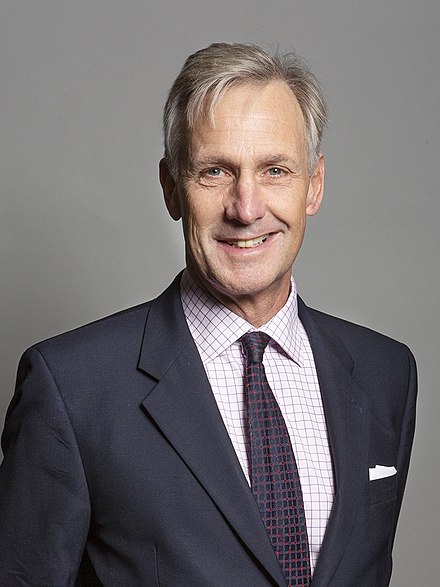
*
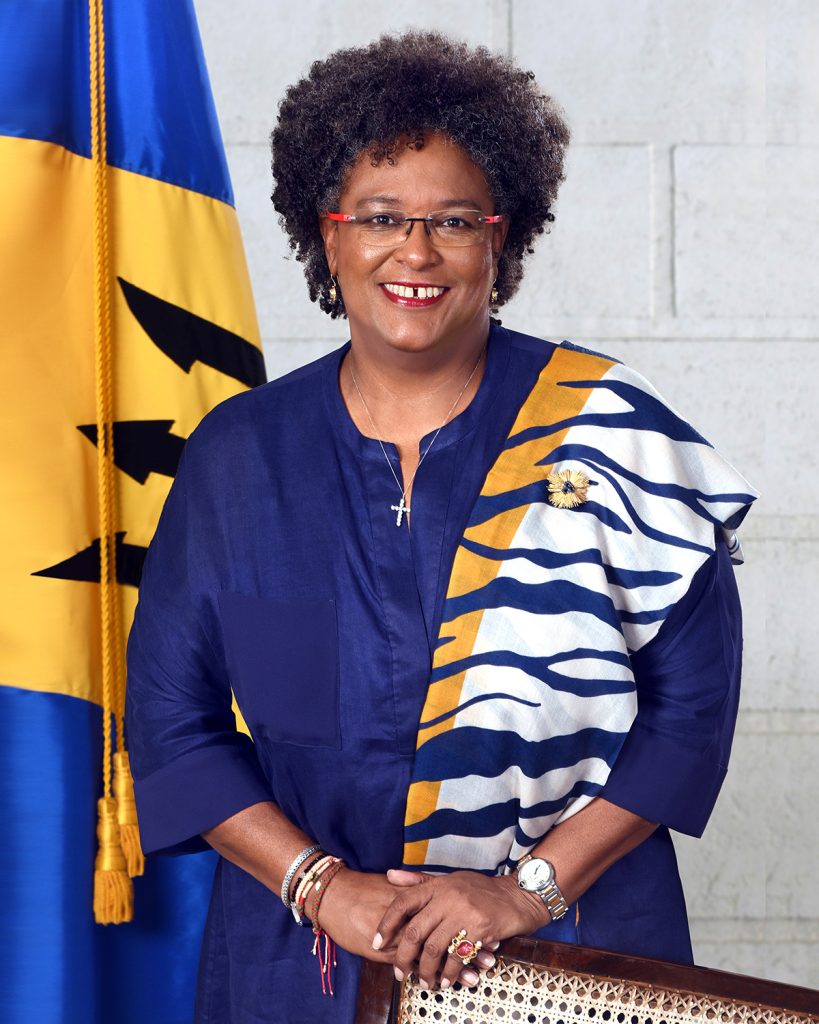
*
But Mia Mottley, the current Prime Minister of Barbados, wants Richard Drax MP, aged 64, to pay personal reparations for the slavery and sugar sins of his 17th Century ancestors, James, and Henry Drax.
Mottley has reportedly requested that Harrow-educated Drax, a former Coldstream Guard captain, invest some of his inherited fortune to benefit the people of Barbados.
Drax, elected as a Conservative MP for South Dorset in 2010, says his family’s slave-trading past is “deeply, deeply regrettable” but adds “no-one can be held responsible for what happened many hundreds of years ago”.
Mottley might haul Drax to court. Any case would need to prove Drax enjoys wealth his ancestors generated from sugar produced by thousands of enslaved Africans who toiled and died at Drax Hall over centuries.
British taxpayers compensated the Drax family in the 1830s for the loss of 189 enslaved Africans following the abolition of slavery.
Richard Drax MP’s Barbados estate is worth an estimated £4.7m.
*

*
Dutch slave and sugar plantation owners in Brazil had shown James Drax how to successfully cultivate sugar cane. Drax and his brother Henry then became ultra-wealthy ‘sugar barons’ by pioneering the systematic exploitation of African slave labour.
They forced enslaved Africans (never freed) and indentured white labourers (freed after a period) to plant, cut, press, and boil the first sugar cane crop at Drax Hall in 1642.
James Drax and other planters found feeding and housing African slaves expensive. But profits from slave-produced sugar heavily outweighed those costs as affluent sections of British society rapidly developed an insatiable sweet tooth.
Another Drax family branch systematically exploited enslaved Africans in Jamaica. Historians estimate over 30,000 enslaved Africans toiled and died on Drax plantations in Barbados and Jamaica.
Slave owners ordered brutal and drunken overseers to starve, whip, burn and kill enslaved Africans accused of slacking, stealing, straying, or organising revolts.
The Drax family also profited from shareholdings in the Samuel and the Hope, two ships trading sugar and slaves between London, West Africa, and the West Indies. James Drax then began buying land in England.
*
Barbados quickly became Britain’s first sugar and slave colony. Historians say the Drax family dynasty damaged the lives of black Bajans. Most Bajan people descend from enslaved Africans. Other Bajans stem from indentured white labourers deported during England’s mid-17th Century Civil War.
Other British colonisers later imitated Drax in Jamaica, Trinidad, Guyana, and a host of other ex-British West Indian colonies that are now independent states whose working people struggle to make ends meet.
Britain’s slave merchants shipped over three million enslaved Africans across the Atlantic more profitably than other European colonial powers. Slave-produced sugar generated vast capital flows that transformed Britain into the world’s most powerful industrial and imperial nation.
Rich and powerful Britons concocted a racist ideology of white supremacy to justify enslaving African people. The British Empire evaporated in the 20th Century but its legacy of racism endures. Barbados and other West Indian states remain economically underdeveloped and dependent on tourism and real estate.
*
Richard Drax MP is not Prime Minister Mottley’s only ‘reparatory justice’ target. Mottley wants the British government to pay Barbados reparations too.
Mottley says European slave trading nations owe Barbados $4.9 trillion (£3.9 trillion) in ‘reparatory justice’ – and Britain reportedly £2.3 trillion.
Brattle Group analysts calculate European merchants used 19 million African people as slaves in the West Indies and America over four centuries. Some 70% worked on sugar cane and tobacco plantations.
Brattle calculates Britain owes $24 trillion to fourteen countries impacted by slavery. They say the total reparations bill for the harm and legacy caused by European enslavement of African people amounts to between $100 trillion to $131 trillion.
*
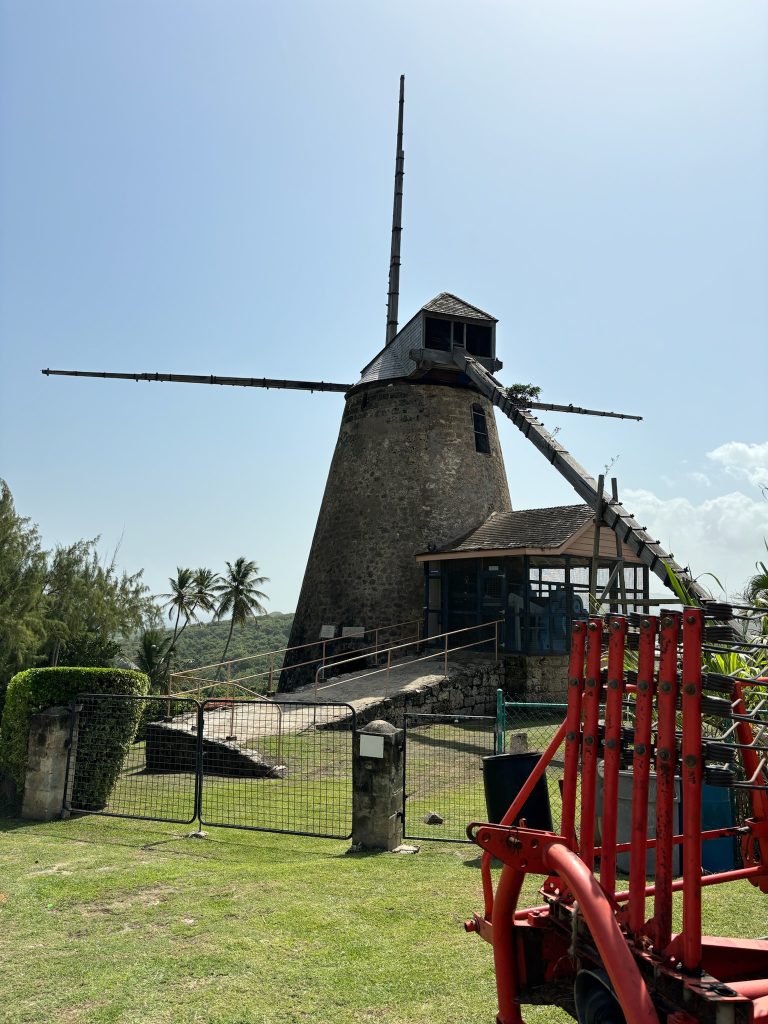
*
Today, Barbados still produces relatively tiny amounts of sugar. The island boasts the only intact sugar-grinding windmill in the West Indies. Bajans still mark the annual sugar harvest with a ‘crop-over’ festival. But most small farmers rear cattle and raise crops on land they lease from landowners.
Barbados produces some crude oil and natural gas. Mottley wants Barbados to be powered by renewable energy by 2030.
But Barbados’ 300,000 population still depends overwhelmingly on tourism and real estate. Corporate American, Canadian and European entities and ultra-high-net worth individuals own large tracts of Barbados’ west coast and interior.
For instance, a west coast St. James property came with a $30US million guide price in early 2024. Decent family homes that local people can afford are in short supply.
Tourists are mainly white north Americans and Europeans but working people in taxis, hotels, and bars are almost entirely black Bajans. Older Bajans highly value education as a means for their children to escape a life of serving tourists.
Barbados has an impressive array of established schools, colleges, and universities. But Bajans worry a social media-fed younger generation scorn education in a futile search for ‘get-rich-quick’ fame.
Bajans herald Barbados-born Rihanna, a global superstar singer, as a philanthropic national hero. Rihanna is now one of the world’s richest women, reportedly with a net worth of US1.4 billion. Rihanna donated millions of dollars to help treat Bajan cancer patients through her Clara Braithwaite Centre for Oncology and Nuclear Medicine.
*
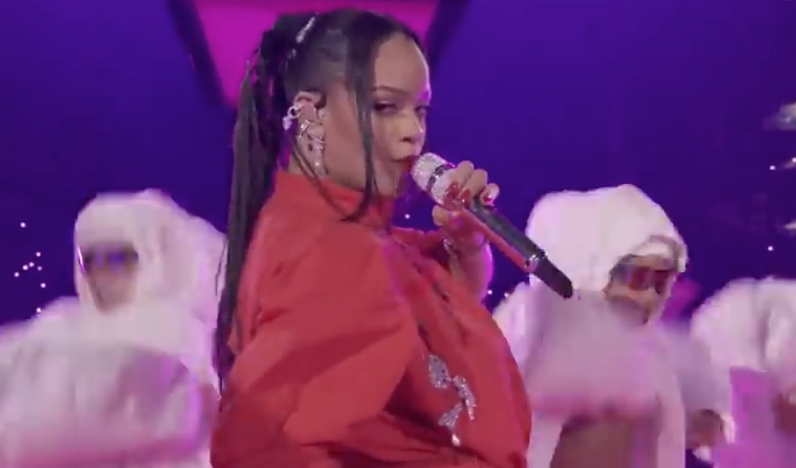
Rihanna’s childhood home in Westbury New Drive (now Rihanna Drive) in Bridgetown (© London Intelligence® 2024).
*
Celebrity philanthropy, even from a revered Bajan like Rihanna, isn’t going to stop Barbados from relying on tourism dollars and selling chunks of the island to overseas interests.
It’s hard to see any British government paying Barbados trillions of pounds in reparatory justice for slavery. Mottley says she has spoken with a sympathetic King Charles III about slavery and reparations, a conversation that took place in the wake of Barbados ditching the British monarchy as head of state to become a republic.
Is Mottley seriously realistic, or is she playing a slavery and reparations card to impress Bajan voters? Either way the leaders of twenty other Caribbean island nations and Guyana are doing the same with this multi-trillion dollar demand.
Are they asking for the stars in order to get the Moon? The Observatory’s astronomers would understand this adage – and we can imagine young Randall raising his hand again to ask this question too. *
**
Notes
*The Barbados Astronomical Society, founded by Dr. Harry Bayley and Eustace Thomas in 1956, built the Harry Bayley Observatory in 1963. It aims to enthuse young Bajans about astronomy and wider sciences.
*
Chronology
Less than 1 million years ago: a volcanic island forms from coral.
Circa 1600 BC: Island home to Arawak Amerindians from southern Americas.
1200: Carib Indians conquer Arawaks.
Mid-1500s: Carib Indians and Spanish troops kill most Arawaks.
1625: Trader and pirate John Powell claims Barbados for God, King, and England. Remaining Arawak and Carib indigenous people are almost entirely killed off.
1627: William and John ship James Drax, aged 18, and 50 others to Barbados.
1641: Drax owns 400 acres as Barbados’ biggest landowner. Twenty-two African slaves toil on Drax’s cotton plantation. Cotton and tobacco prices collapse. Drax sails to Brazil to learn how to manufacture sugar from cane.
1642-46: English Civil War.
1642: African slaves and white British indentured labourers grow Drax’s first sugar cane.
Late 1640s: Indentured ‘free’ white labourers too unprofitable to ‘maintain’ so mass importation of enslaved Africans begins.
1650s +: High demand for capital, land, and enslaved African labour in Barbados.
1665: Dutch attack Barbados.
1673: Hurricane, fires, and slave revolt in Barbados.
Late 1600s: Drax and others buy land in England with profits from sugar and slavery.
1807-08: Slave Trade Act outlaws the sale of African people as slaves in the British Empire.
1816: Bussa’s African slave revolt bloodily repressed by British soldiers.
1833: Slave Emancipation Act: slaves freed to starve and slaveowners massively compensated for ‘loss of assets’.
1966: Barbados secures independence from United Kingdom.
2020: First cases of Covid-19 virus. Pandemic. Curfews. Doctors from Cuba travel to help.
2021: Barbados entirely covered by ash from Saint Vincent volcano.
November 2021: Barbados becomes a republic, ditching UK monarch as head of state.
*
Sources and further reading
Britain’s Slave Empire, James Walvin, Tempus, 2000.
The Sugar Barons: Family, Corruption, Empire and War, Matthew Parker, Hutchinson, 2011.
The Economics of Transition to the Black Labour System in Barbados, 1630-1680, Hilary McD. Beckles and Andrew Downes, in Caribbean Slavery in the Atlantic World, Ian Randle, Jamaica, 2000.
*
© Paul Coleman, London Intelligence ®, March 2024.

